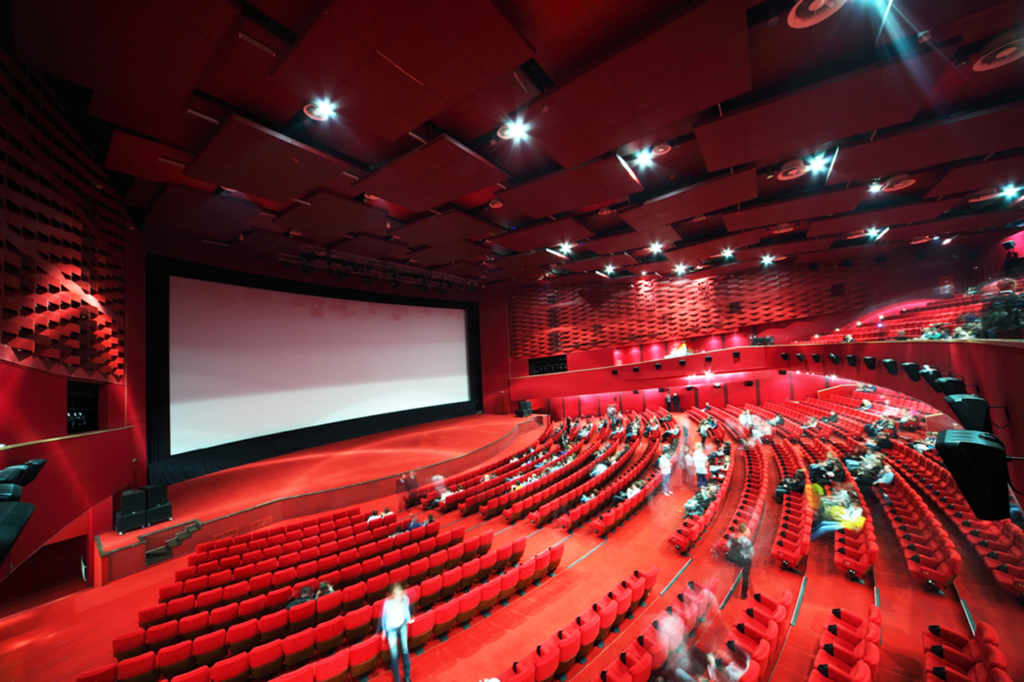The influence of classic literature can be seen in many successful films, bridging the gap between the past and present. Here are some ways classic literature has shaped modern cinema. Classic literature has always had a significant impact on modern cinema. These timeless stories continue to inspire filmmakers, providing rich narratives and complex characters.
1. Timeless Themes
Classic literature often explores themes that are universal and timeless. Love, betrayal, ambition, and redemption are just a few. These themes resonate with audiences regardless of the era. Modern filmmakers draw from these rich sources, adapting the themes to contemporary settings. For instance, the theme of forbidden love in “Romeo and Juliet” has inspired countless films, from “West Side Story” to “The Notebook.” The enduring relevance of these themes ensures that classic literature remains a valuable resource for filmmakers.
2. Complex Characters
One of the hallmarks of classic literature is its complex characters. These characters often have intricate personalities, motivations, and moral dilemmas. Modern cinema benefits from these well-crafted characters, providing depth and nuance to films. For example, the character of Sherlock Holmes, created by Sir Arthur Conan Doyle, has been adapted numerous times. Each adaptation explores different facets of his personality, from his keen intellect to his struggles with addiction. Such complex characters captivate audiences and elevate the storytelling in films.
3. Rich Narratives
Classic literature is known for its rich and detailed narratives. These stories often span generations, exploring the intricacies of human relationships and societal changes. Modern filmmakers find these narratives compelling, using them as blueprints for their films. “The Great Gatsby,” based on F. Scott Fitzgerald’s novel, is a prime example. The film captures the opulence and moral decay of the Jazz Age, bringing the book’s vivid descriptions to life. The depth of these narratives adds layers to films, making them more engaging.
4. Cultural Reflections
Classic literature often reflects the culture and values of its time. These reflections provide valuable insights into historical contexts, which filmmakers can use to enhance their storytelling. Films like “Pride and Prejudice” offer a glimpse into the social structures and gender roles of the 19th century. By adapting these works, filmmakers can explore historical themes while drawing parallels to modern society. This blend of past and present enriches the film’s narrative, making it relevant to contemporary audiences.
5. Moral and Ethical Questions
Many classic literary works pose moral and ethical questions, challenging readers to think critically. Modern cinema often incorporates these questions, prompting viewers to reflect on their own beliefs. “To Kill a Mockingbird,” based on Harper Lee’s novel, addresses issues of racism and justice. The film adaptation brings these important themes to a wider audience, sparking discussions on morality and ethics. By tackling such questions, films can have a profound impact on society.
6. Symbolism and Imagery
Classic literature is rich in symbolism and imagery, which filmmakers use to create visually stunning and meaningful scenes. Symbols can convey complex ideas and emotions, adding depth to the narrative. For example, the green light in “The Great Gatsby” symbolizes Gatsby’s unattainable dreams and desires. By incorporating such symbols, filmmakers can create layers of meaning in their films, enhancing the viewer’s experience. This use of symbolism connects the visual and thematic elements, making the film more impactful.
7. Adaptation and Reinterpretation
One of the most direct influences of classic literature on modern cinema is through adaptation and reinterpretation. Filmmakers often adapt classic novels into films, bringing these stories to a new audience. These adaptations can be faithful to the original or offer a new perspective. For instance, “Clueless” is a modern retelling of Jane Austen’s “Emma,” set in a 1990s high school. This creative reinterpretation maintains the essence of the original while making it accessible to contemporary viewers. Adaptations ensure that classic literature continues to resonate with new generations.
8. Exploration of Human Nature
Classic literature delves deep into the complexities of human nature, examining the motivations, desires, and flaws of characters. Modern cinema draws from these explorations to create multifaceted characters and stories. “Frankenstein,” based on Mary Shelley’s novel, explores themes of ambition, creation, and the consequences of playing god. The film adaptations highlight the ethical dilemmas and emotional struggles of the characters. By exploring human nature, films can offer insights into the human condition, making them more relatable and thought-provoking.
9. Impact on Genre Development
Classic literature has also influenced the development of various film genres. Gothic novels like “Dracula” and “Frankenstein” have shaped the horror genre, while detective stories like those of Sherlock Holmes have influenced mystery and crime films. These literary works provide a foundation for genre conventions and tropes, which filmmakers build upon. The influence of classic literature on genre development ensures that these stories remain relevant and continue to evolve. This cross-pollination of literature and film enriches both mediums.
10. Educational Value
Finally, the adaptation of classic literature into films has significant educational value. These films introduce classic works to new audiences, encouraging them to explore the original texts. For students, watching a film adaptation can enhance their understanding of a novel’s themes, characters, and historical context. Films like “The Odyssey” or “Les Misérables” make classic literature more accessible and engaging. This educational value ensures that the influence of classic literature on modern cinema has a lasting impact.
In conclusion, the influence of classic literature on modern cinema is profound and multifaceted. From timeless themes and complex characters to rich narratives and moral questions, classic literary works continue to inspire and shape the film industry. By drawing from these timeless stories, filmmakers create films that resonate with audiences, bridging the past and present in meaningful ways. The enduring appeal of classic literature ensures that its influence on cinema will continue for generations to come.
